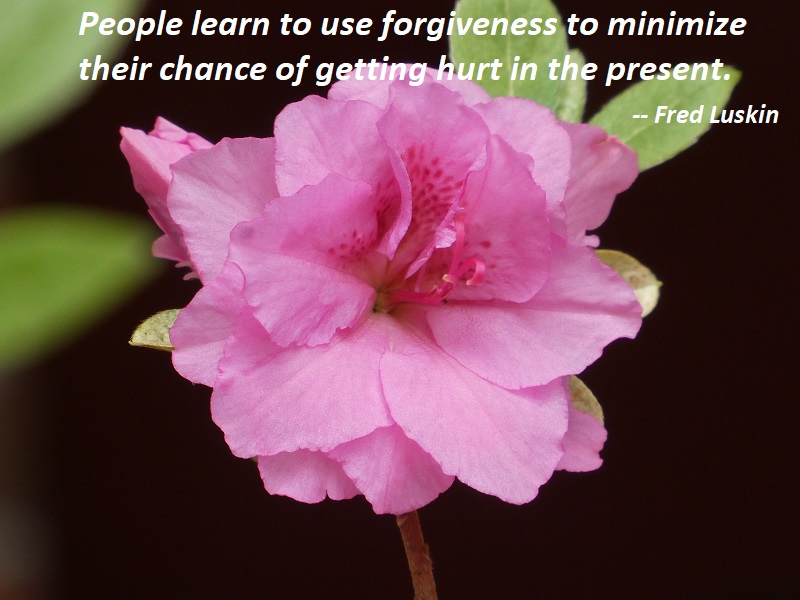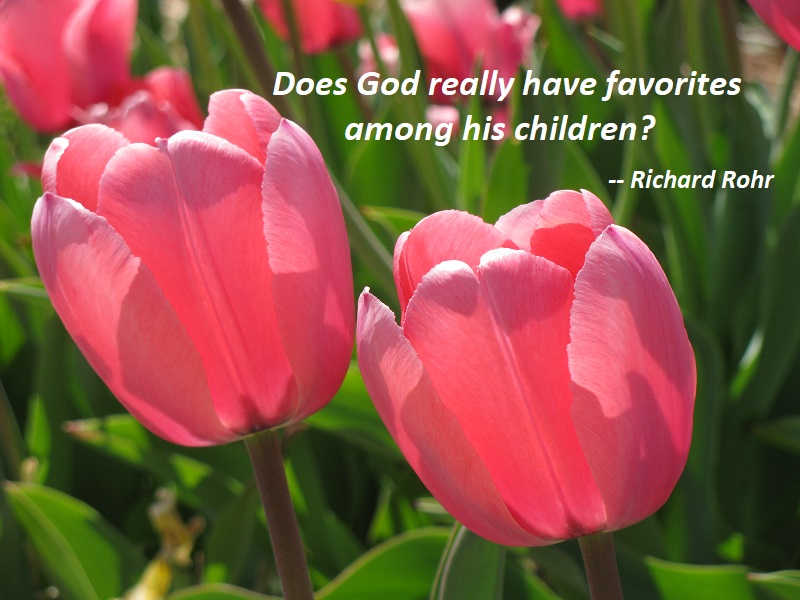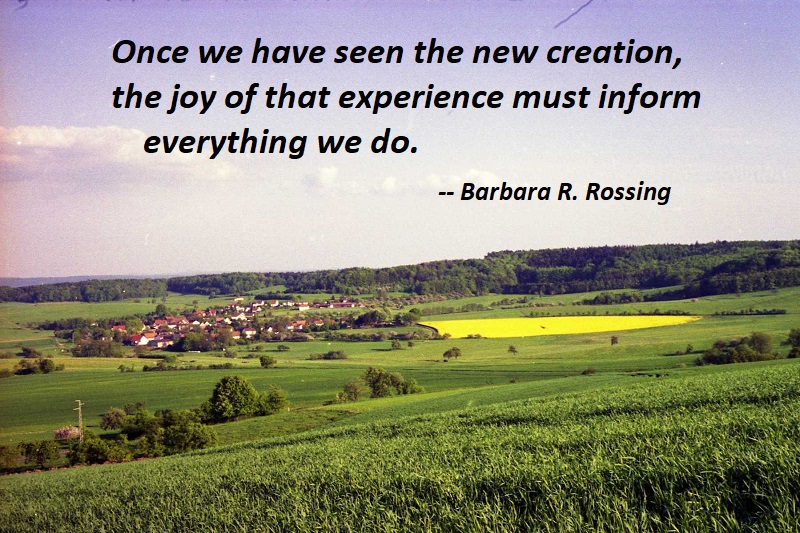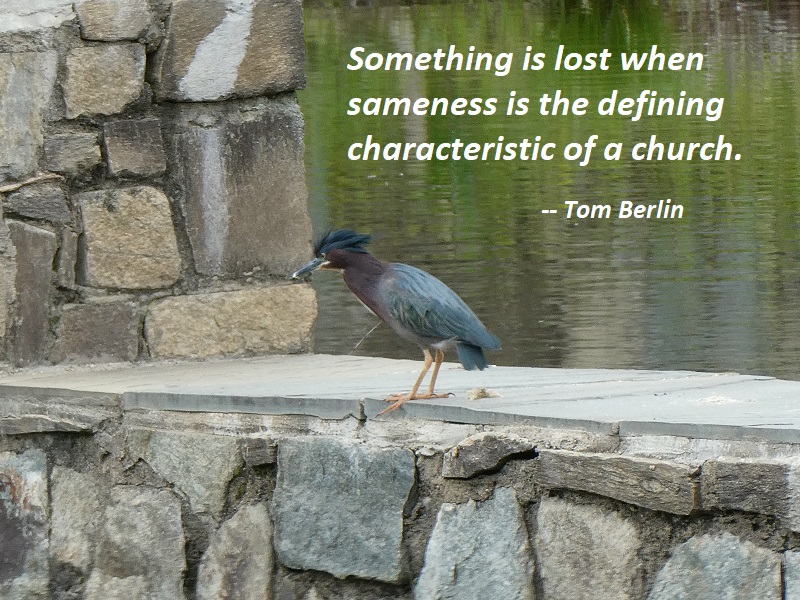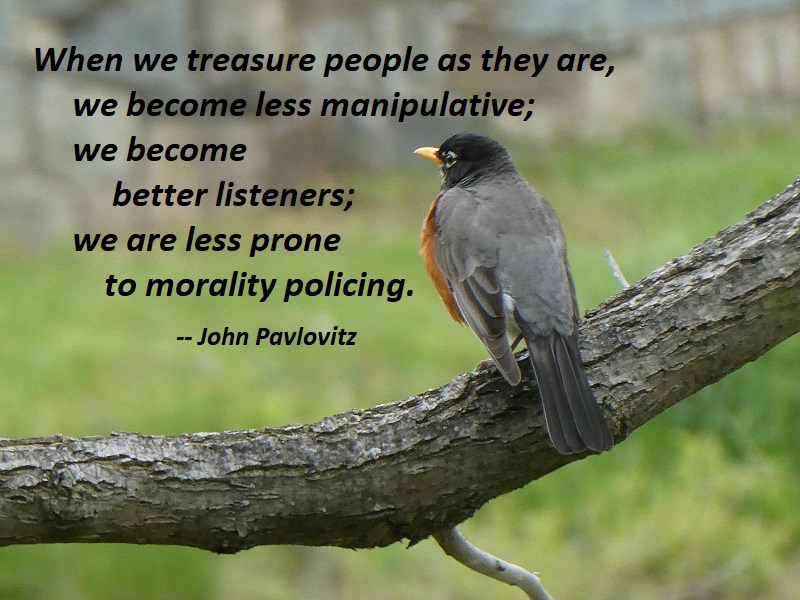
As we who already comprise the Church recalibrate our hearts for a different purpose, we are beautifully altered too. When we treasure people as they are, we become less manipulative; we become better listeners; we are less prone to morality policing. Agenda-free community allows messiness and failure and regression in ways that are so rarely tolerated in the traditional church. Again, this is the table Christ sets over and over in the Scriptures: the place of continual restoration, perennial communion, unending fellowship. You don’t earn a spot there; you don’t fail and then find yourselves outside of it. Just ask Peter. He was one of Jesus’ original twelve disciples, the one who publicly boasted of his faithfulness to his teacher, even if it meant his own death. It would be this same Peter who would soon stand in the public square following Jesus’ arrest, denying three times that he even knew him. And the Gospel writer John describes this same Peter weeks later, standing on the shoreline, being forgiven three times by a resurrected Jesus, as a symbolic wiping away of his failure following a restorative waterside meal hosted by his teacher (John 21:15-22). This is the table Jesus sets. It is the table of second chances, and two hundredth chances, the table of grace. There you don’t ever lose your place, and you are never “finished.”
At the table, Jesus had wisdom to share, hard words to give, and purpose to call people to, but more than that he had their humanity to affirm. He allowed them the dignity of being seen and heard and known. Imagine what it would look like if we oriented ourselves around that pursuit, if we had no other agenda than walking alongside people sharing the view of God from where we stand, not needing them to see what we see, or believe what we believe, but to encounter Jesus in our very flesh.
— John Pavlovitz, A Bigger Table, p. 102
Photo: South Riding, Virginia, April 25, 2020


